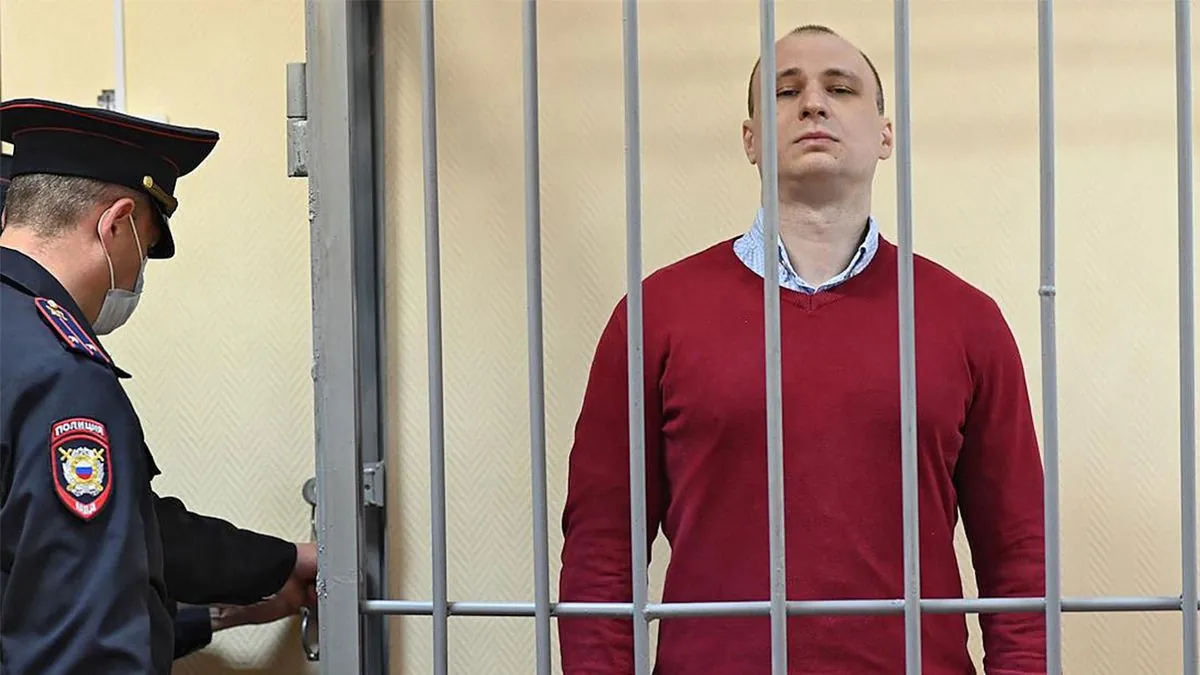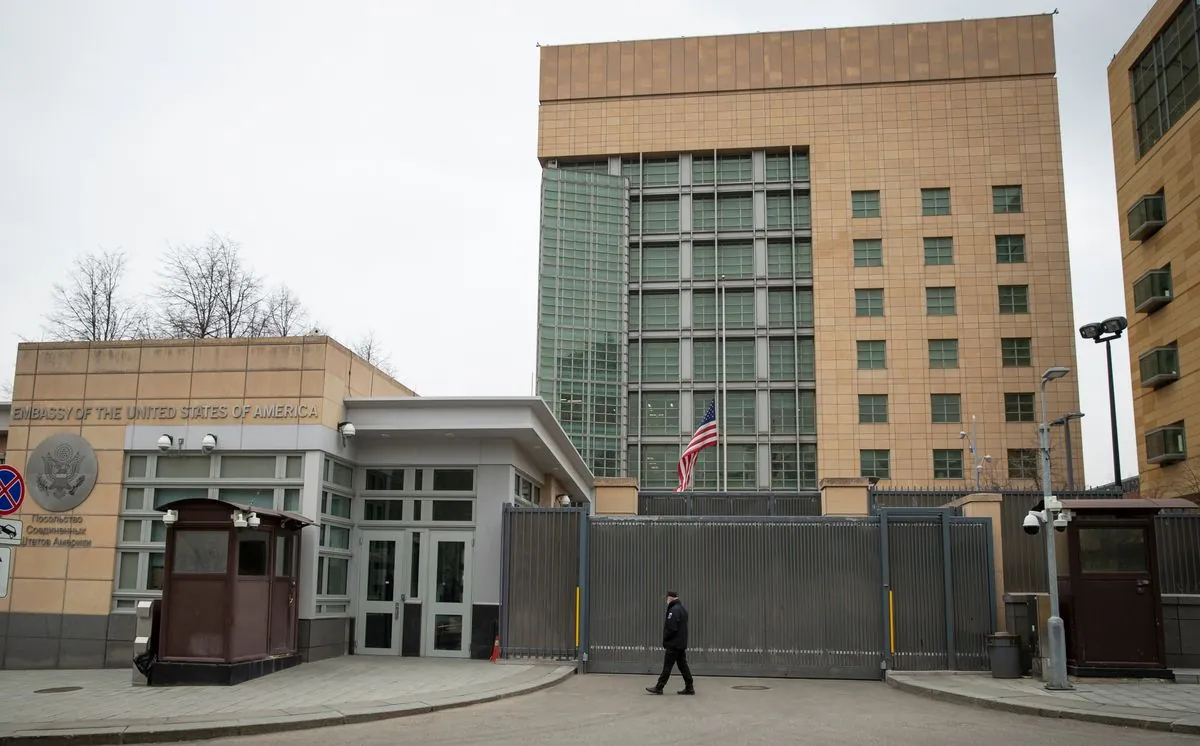U.S. Citizen's Appeal Rejected in Moscow Police Assault Case
Russian court denies American Joseph Tater's appeal against arrest for alleged police assault. Another U.S. citizen sentenced in separate case, highlighting ongoing detentions of Americans in Russia.

In a recent development, a Moscow court has rejected the appeal of Joseph Tater, a U.S. citizen, against his arrest for allegedly assaulting a law enforcement officer. This case highlights the complex legal landscape faced by foreign nationals in Russia, where at least ten Americans are currently incarcerated.
Tater's legal troubles began approximately 13 months ago when he was initially detained for petty hooliganism, a minor offense under Russian law. The American was accused of misconduct towards hotel staff in Moscow, an allegation he contested. This incident resulted in a 15-day jail sentence.
Subsequently, the Interfax news agency reported that Tater faced more serious charges for purportedly assaulting a police officer. This offense carries a potential five-year prison term in Russia. The details of Tater's plea and the circumstances surrounding the alleged assault remain unclear, with attempts to reach his legal representation proving unsuccessful.

The case underscores the importance of understanding local laws and the potential consequences of legal infractions while abroad. The U.S. Embassy in Moscow, responsible for providing consular services to American citizens in Russia, maintains a list of English-speaking lawyers to assist in such situations. However, the absence of an extradition treaty between Russia and the United States complicates matters for detained Americans.
In a separate but related incident, another U.S. citizen, Daniel Joseph Schneider, received a six-year prison sentence in Kaliningrad, a Russian exclave between Poland and Lithuania. Schneider was convicted of kidnapping his own child from the mother and attempting to leave Russia via Poland. This case highlights the complexities of international custody disputes, which are governed by the Hague Convention on International Child Abduction.
These cases occur against a backdrop of diplomatic tensions between the United States and Russia, which can potentially affect the treatment of foreign nationals. The Vienna Convention on Consular Relations dictates the rules for consular access to detained foreign citizens, but its application can vary.
It's worth noting that Russia's withdrawal from the Council of Europe in 2022 has impacted its legal obligations in the international arena. Additionally, the Russian criminal justice system has faced criticism from international human rights organizations, raising concerns about fair trial standards for foreign defendants.
As these cases continue to unfold, they serve as a reminder of the potential risks associated with international travel and the importance of adhering to local laws. The U.S. State Department regularly issues travel advisories to inform Americans of potential hazards abroad, emphasizing the need for caution and awareness in foreign jurisdictions.
"U.S. citizens should exercise increased caution due to the unpredictable consequences of the Russian government's ongoing tensions with the United States."
The ongoing detention of American citizens in Russia remains a point of concern for U.S. officials and highlights the need for continued diplomatic efforts to address these complex legal and humanitarian issues.


































